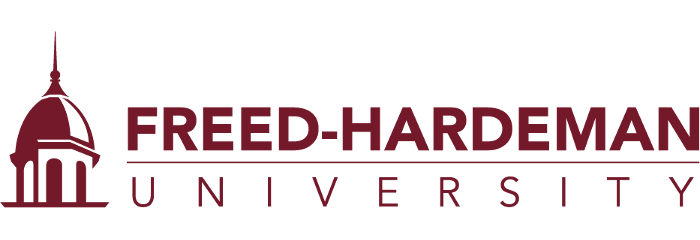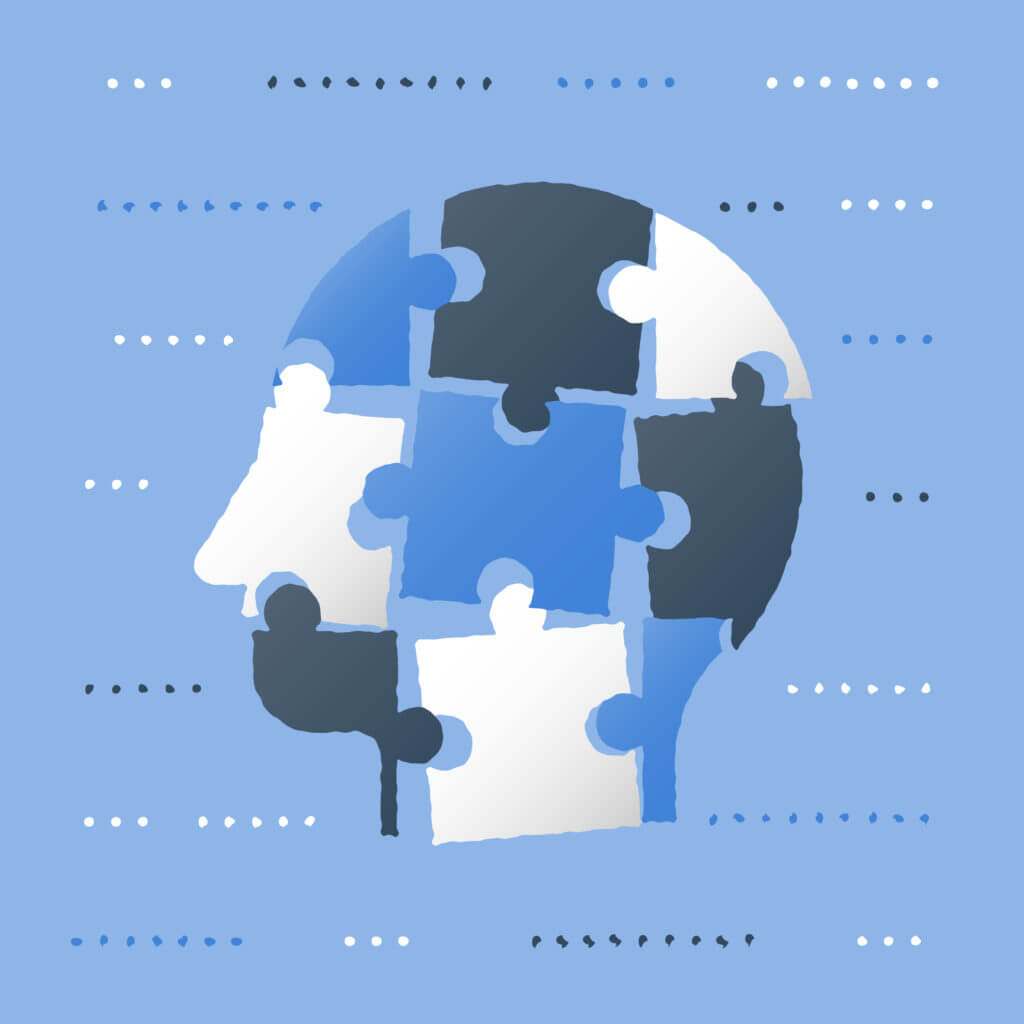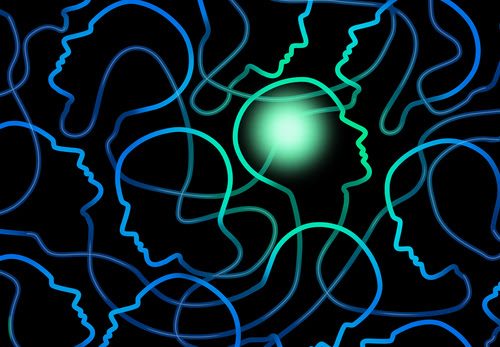Many Doctor of Behavioral Health (D.B.H) programs can be taken completely online. Most of them are designed to cater to working clinical professionals. This doctorate is a relatively new field made to meet the demands of a global community with an increasing awareness of mental health.
As many have heard on television and social media lately, excellent mental and behavioral health is at the forefront of everyone’s mind. Quality healthcare is hard to find; therefore, proper training is a must.
Today, there are many outside influences that affect the way we live, react, and deal with certain situations. Although life can be very grand, nobody escapes the occasional trials and tribulations that often plague us.
But for some, bad behavior is directly related to the health of their body, spirit, and mind. This leaves many in need of qualified healthcare professionals to assist in the healing process. Integrated behavioral health interventions often are the answer to one’s mental health issues.
______________________________
The 3 Best Doctor of Behavioral Health (D.B.H.) Degree Programs
FREED-HARDEMAN UNIVERSITY

DOCTORAL DEGREE IN BEHAVIORAL HEALTH (D.B.H.)
School Highlights: Freed-Hardeman University’s Doctor of Behavioral Health is a highly flexible, 60-credit program that can be completed in two years or less. The coursework is available either on-campus or online through web-conferencing modalities.
It is an affordable doctoral degree with a tuition rate that is offered at a competitive rate compared to other schools throughout the U.S. The distance learning option includes connecting with professors and other doctoral students, completing clinical rotations, and real-time video consultations.
Research projects take place in students’ professional environments. The goal of the curriculum is to enhance advanced skills in leadership and entrepreneurship.
Coursework Sample:
- Suffering and the Human Condition
- The United States Healthcare System
- Advanced Clinical, Ethical, and Legal Issues in Behavioral Healthcare
Campus Location: Henderson, TN
Accreditation:
- Higher Learning Commission
- Council for Accreditation of Counseling and Related Education Programs
LEARN MORE ABOUT FREED-HARDEMAN UNIVERSITY’S DOCTORAL DEGREE IN BEHAVIORAL THERAPY (D.B.H.)
CUMMINGS GRADUATE INSTITUTE

DOCTOR OF BEHAVIORAL HEALTH
School Highlights: One of the many benefits of attending the Cummings Graduate Institute is its incredibly low tuition rate.
Students in the Doctor of Behavioral Health degree complete 60 credit hours of coursework which is drastically less expensive than most any doctoral program throughout the United States. It is also a great choice for veterans and active-duty members of the military and has been recognized as such.
This degree is offered 100% online with no internship or residency requirements, and students typically graduate in about three years. However, students are free to transfer credits from another university, which can significantly reduce the amount of time spent in school, and there are part-time and full-time pathways available.
Cummins Graduate Institute graduates are prepared to work in any behavioral health environment, such as Primary Care Medical Homes, managed behavioral healthcare organizations, private practices, and more.
Concentration Options:
- Pathophysiology in Biodyne Context
- Psychopharmacology for the DBH
- Population Health Management, Cost, Offset, & ROI
Campus Location: Phoenix, AZ
Accreditation:
- Distance Education Accrediting Commission
- Institute for Healthcare Improvement
- Arizona Health Information Network
LEARN MORE ABOUT THE CUMMINGS GRADUATE INSTITUTE PROGRAM: DOCTOR OF BEHAVIORAL HEALTH
ARIZONA STATE UNIVERSITY

ONLINE DOCTOR OF BEHAVIORAL HEALTH (CLINICAL)
School Highlights: Arizona State University has been acknowledged as one of the best online schools in the country time and time again. It provides outstanding distance education curricula, all of which are offered entirely online with no required trips to campus.
The Online Doctor of Behavioral Health includes a Clinical concentration that requires students to take part in learning opportunities in medical literacy, behavioral interventions, and entrepreneurship. Or, students who are more interested in an administrative approach to their doctoral degree can focus on Management.
This is an accelerated online Doctor of Behavioral Health, in which students complete 84 credit hours, or 13 classes, throughout 7.5-week terms. Graduates have gone on to become consultants, educators, healthcare providers, clinical managers, and health coaches.
Concentration Options:
- Clinical
- Management
Campus Location: Tempe, AZ
Accreditation:
- Higher Learning Commission
LEARN MORE ABOUT ARIZONA STATE UNIVERSITY’S ONLINE DOCTOR OF BEHAVIORAL HEALTH DEGREE
Frequently Asked Questions
What does a Doctor of Behavioral Health professional do?

Doctor of Behavioral Health or DBH for short is a medical practitioner who is primarily concerned with how people’s behavior affects overall well-being. They address mental problems based on evidence in an integrated health model. This profession is one of the results of the Affordable Care Act (ACA), a law that aims at providing economical health care to low-income households.
DBHs reduce hospital or clinic costs by assessing mental health issues and suggesting behavioral-change solutions to address problems like:
- depression,
- substance abuse,
- hypertension,
- anxiety,
- HIV,
- addiction.
As well as similar others in more or less the same way as psychologists and psychiatrists do, but all while charging a relatively lower professional fee to achieve medical cost savings.
Contrary to the common assumption, DBHs are not psychologists. The DBH curriculum might hold some psychological inputs, but they approach mental health concerns differently. Psychologists diagnose their patients through counseling and therapy sessions.
They have a Ph.D. in Clinical Psychology and are widely focused on research. On the other hand, DBH targets not only the mental health issues per se but also how much mental health issues affect them physically. They often participate in behavioral interventions.
Here are some examples:
To illustrate this slimline of difference, let’s talk about insomnia, a mental health issue. Psychologists will talk to their patients and might find out that using smartphones at bedtime or overthinking a problem might have caused insomnia.
A Doctor of Behavioral Health not only speaks to patients about their condition but also suggests action plans or prescribes medication to cure the mental illness. A DBH will confide to the patient that insomnia can have far-reaching negative effects on the body, causing high blood pressure, heart problems, and even obesity. The DBH then advises lifestyle changes or sleeping pills.
In the mental health services field, psychiatrists also deal with mental issues by investigating neurotic disturbance or any brain damage. However, psychiatrists, with their hectic days, do not have the luxury of time to interact with patients often.
A Doctor of Behavioral Health then attends to this need, providing the same or similar services to that of a psychologist and psychiatrist. The DBH plays a key role in a holistic wellness program and medical literacy. Thus, a DBH bridges the gap between mental healthcare providers and physical healthcare providers.
How does a Doctor of Behavioral Health degree program differ from a Ph.D. program?
Simply put, the Ph.D. program based on behavioral health is filled with research-oriented instruction. The DBH degree is a professional doctorate degree.
The DBH offers a wide array of subject matter and prepares the graduate for working as a behavioral health consultant or another type of behavioral health expert. They work in a variety of primary healthcare settings.
Can I maintain my current career while earning my Doctorate in Behavioral Health?
Yes, in fact, some behavioral healthcare programs will require that you have previous work experience in the field before enrolling. While you deliver patient-centered care at your current job, you can easily earn your doctorate degree.
What sort of accreditation should I look for in a school?
The National Institute of Behavioral Health Quality (NIBHQ) oversees the accreditation programs of DBH graduate schools and programs across the United States. There are also other regional accreditation bodies that supplement the credibility of Doctor of Behavioral Health programs. Accredited DBH programs help to prepare behavioral health providers with the proper skills needed to succeed.
How do I earn my D.B.H. degree?
If you want to enroll in a Doctor of Behavioral Health program, you need to have a master’s degree in specific fields, including the clinical field, social work, or managerial line. In addition, a minimum grade point average will be considered pursuant to the school’s requirements.
DBH students are expected to have diverse backgrounds and will be educated on health care reform. Your master’s degree program will lay an excellent foundation for the skills needed to engage in your doctorate program. There are two basic concentrations in a DBH program:
- Clinical concentration
- Managerial concentration
Clinical concentration DBH programs are offered to master-level clinicians who are license holders. These include nurses, therapists, psychometricians, counselors, dietitians, physician assistants, and others. Doctor of Behavioral Health students with Managerial concentration come from the same background as those in the Clinical concentration track, but the former takes on extra credits in the field of business and entrepreneurship.
Both program concentrations have similar coursework units, but the elective subjects depend on your desired area of specialization. Many institutions observe a blurred dichotomy between clinical and managerial levels, as long as the program will train aspiring DBHs to practice integrated healthcare and population health management.
Upon completion of your master’s degree, the DBH program lasts two to three years, depending on whether or not you want to attend on a full-time or part-time basis. Most students study part-time while balancing their responsibilities at work, school, or family. Aside from completing anywhere between 240 and 250 internship hours, a DBH student may be required to complete a capstone project as a culminating requirement.
What type of degree do I need to pursue research or educate others in DBH?
The faculty line of DBH programs is composed of DBH degree-holder professionals. Other practitioners from psychology and medicine most likely join the teaching workforce in DBH graduate schools for discipline integration.
Some DBHs engage in research work to evaluate and continuously update DBH services. Along with social scientists and medical practitioners, Doctors of Behavioral Health researchers write and publish books and journals such as the Journal of Behavioral Health (JBH). They also conduct behavioral health studies.
How do I earn a transitional or bridge D.B.H. degree?
Most health behavior programs adopt an online format to cater to working clinical professionals. If you visit their website and check out their curriculum, it is highly likely that you will encounter a DBH program you can attend without going to an actual campus.
What kind of career and salary can I expect with my D.B.H. degree?
DBH works as a team player with psychologists, therapists, counselors, and medical doctors. Behavioral health providers can work on the following career opportunities: Behavioral Health Providers, Behavioral Health Consultants, Healthcare Consultants, Health Educators, and Clinical Managers.
However, the wage rate for DBHs, who primarily assume managerial roles, depends on their employer. Clinical managers have a median salary of $78,190 annually. The Behavior Health Consultant earns $69,036 per year on average.
Jobs in mental health care can be found in primary health care settings, as well as specialty medical settings.
Do I need a license to be a DBH?
Currently, there are no specific licensure examinations for Doctor of Behavioral Health graduates. However, one needs certification provided by each state for behavioral health issues that require services to communities as professional practice. Many DBH professionals have multiple licenses from their previous fields (e.g., RN, LCSW, LMFT, etc.), as is often reflected on their business cards.
DBH is a relatively new profession brought about by healthcare reform, and the workforce is gradually growing. You may expect changes in license requirements in the future as more people get more access to mental health care.
Can I teach with a DBH degree?
Yes, people with a DBH degree can teach at the higher education level in fields related to mental health and counseling, such as psychology and social work. Depending on the school, they may also be able to teach in other related fields, such as health care and sociology.
What schools offer Doctor of Behavioral Health degrees?
Mental health care is important; therefore, a reputable school program is a must! A quality program delivers doctoral training focused on mental health disorders. Most Doctor of Behavioral Health program institutions have options for either full-time on-campus education or a completely digital distance-learning program. Notable examples of these schools are
- The Cummings Graduate Institute for Behavioral Health Studies in Phoenix, AZ
- Arizona State University in Tempe, AZ
- Freed-Hardeman University in Henderson, TN
Do your friends open up to you when they have problems? If you are that kind of person, the DBH degree might be a fulfilling career path for you!
Additional Resources:
- The Best Doctor of Counseling Education and Supervision
- The Best Online Doctor of Health Science (D.H.S./D.H.Sci)
